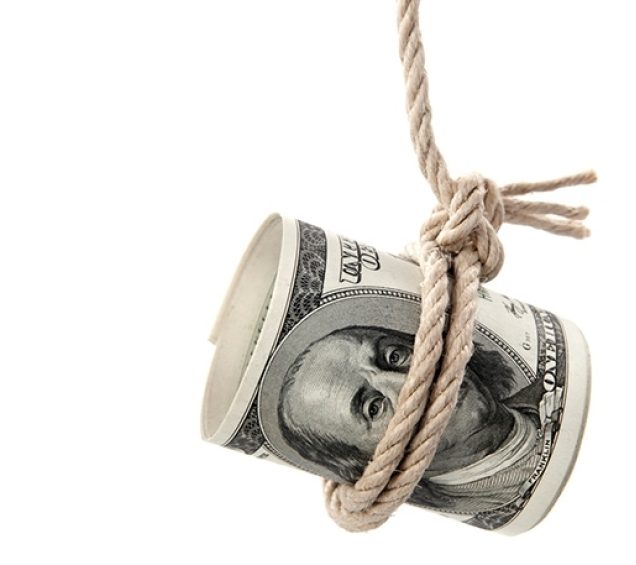The Tangled Web of Money and Addiction
Let’s face it – it takes money to buy food, clothing and shelter – and those are just the basics. We deal with money so frequently, yet we seldom stop to think about the deeper impact our relationship to it has on our emotional wellbeing. Money evokes feelings of self-worth, safety, security, control, freedom and power. American culture dictates that the more dollars you have in the bank, the more you are sheltered from life’s difficulties and the happier you will be.
But the truth is that many people struggle with money – whether they’ve had it all their lives or made every cent themselves. Money takes a dysfunctional turn when it’s so integral to one’s identity that it comes before emotional and physical health and relationships with loved ones.
More money, more stress
Many ambitious and successful people struggle to achieve a healthy work/life balance. If we were to place work, money, house, and material possessions on the left side of a scale, and family, fun, spiritual life, rest, and mental health on the right, chances are the scales would tip heavily towards work and money. Yet philosophers would tell us that true wealth is to be found on the right side of the scale, in our relationships to others and to ourselves.
Unfortunately, for many people, more money means increased stress. One patient told me, “When I was poor, I didn't have this much stress. But now that I have money, I’m stressed all the time.”
Our relationship to work is similarly fraught. There is satisfaction in a job well done, and work can allow us to pursue our passion, to connect to our larger purpose in life. But, just like money, something that can be a positive part of our lives can quickly turn negative. Yes, work means identity, but it also means pressure and stress. Professional identity can take over one’s sense of self, where people are unable to define themselves outside of their work.
Self-worth and boundaries
For some, money and work are often tightly bound to proving one’s self-worth. Perhaps your mother or grandfather instilled that drive in you when you were young, and you still strive to achieve it all these years later. Money is the proof of the hard work, the evidence that you are worthy. You don't need or even want a Ferrari, but you’re driven to make sure you could buy four if you wanted.
Boundary issues become paramount in a dysfunctional family with money, because money means power. There are also very different conversations about boundaries depending upon how the money in question was earned. If someone has married into money, they might feel less powerful in the relationship because others effectively control their financial circumstances. In working with families where people married into money, it always strikes me there are clear lines of delineation of who's got what and who’s whose, versus couples who got married young and poor and grew rich together.
Addiction complicates boundaries issues even more. In treatment, families initially tend to focus not on emotional but on financial wellness. Is the addiction going to become a financial liability? If you're going to go drink yourself to death, how can I protect myself and my assets? There's usually some sense of defensive posturing and strategy to define who's going to get what, should worse come to worse.
In treatment, we work with families to change their approach to these conversations, where we can address the underlying dysfunction.
Time with loved ones is worth more than money
There's a great line from The Devil Wears Prada where the boyfriend tells his girlfriend, the main character, that the phone call you take is the person you want to spend time with. He’s trying to have a meaningful conversation with her, while she prioritizes her boss.
In our work at Caron, we strive to help people understand that time is perhaps a more powerful resource than money. If you want your kids to love you, is it better to spend a fortune on presents or spend time playing with them?
We challenge people to look at their relationships with the people around them, to their work, and to their money. How much time do they spend thinking about money or work? Is the boundary between their work life and home life set appropriately? What does “enough” look like to them? Are they able to give up some control and delegate responsibilities?
As a clinician, I understand that talking about money can be scary, be it about how money is affecting your life or how it's being used, like with gambling addiction. But if you feel like financial gain is driving too many of your decisions, isolating you or leaving you unfulfilled, I encourage you to speak with a behavioral healthcare professional. You may be surprised that there are small changes you can make related to these issues that over time can have a positive impact in your life.
Take the next step:
Start with an online form
-
Caron in Pennsylvania
1-800-854-6023 -
Caron in Florida
1-800-221-6500 -
Breakthrough at Caron
1-800-213-7834





